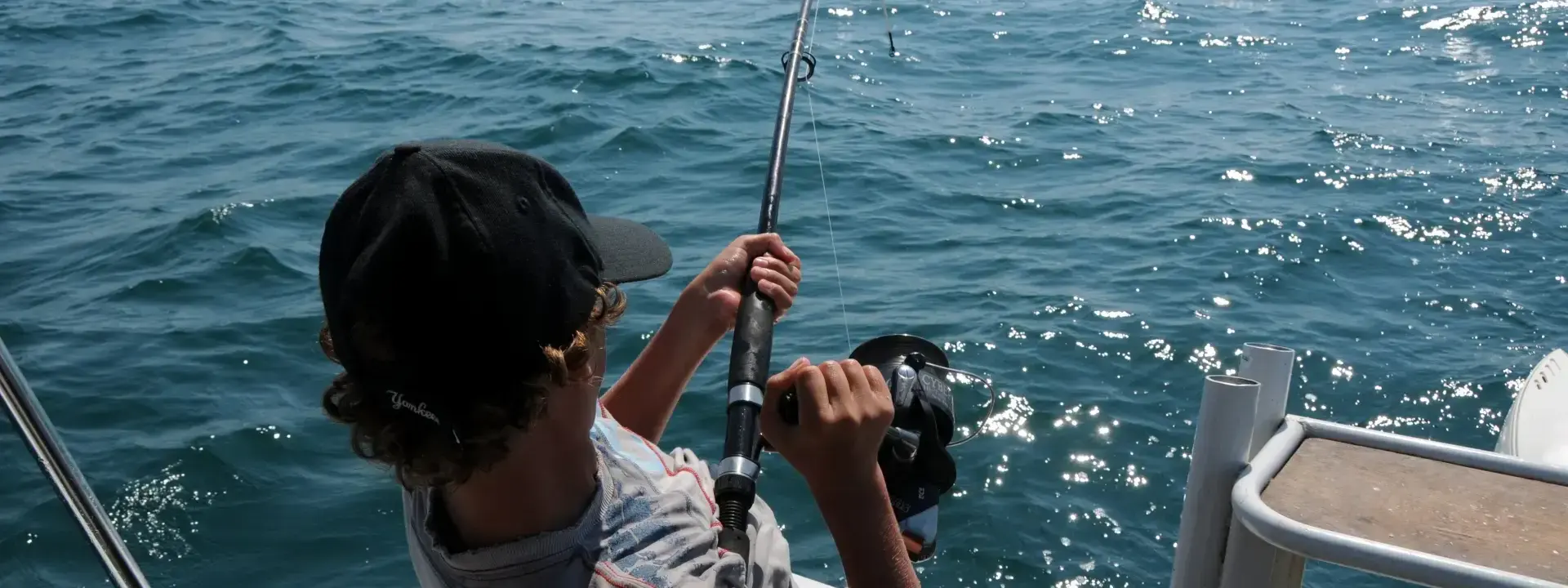
Fishing Job Description
What is a Fishing Professional?
A fisherman is a person who catches fish in a body of water for either commercial or recreational purposes. Fish are typically caught in a net or with a hook and line. Commercial fishermen typically fish in large bodies of water such as the ocean in order to sell their catch to fish markets or wholesalers. Recreational fishermen typically fish in smaller bodies of water such as lakes or rivers in order to catch fish for personal consumption.
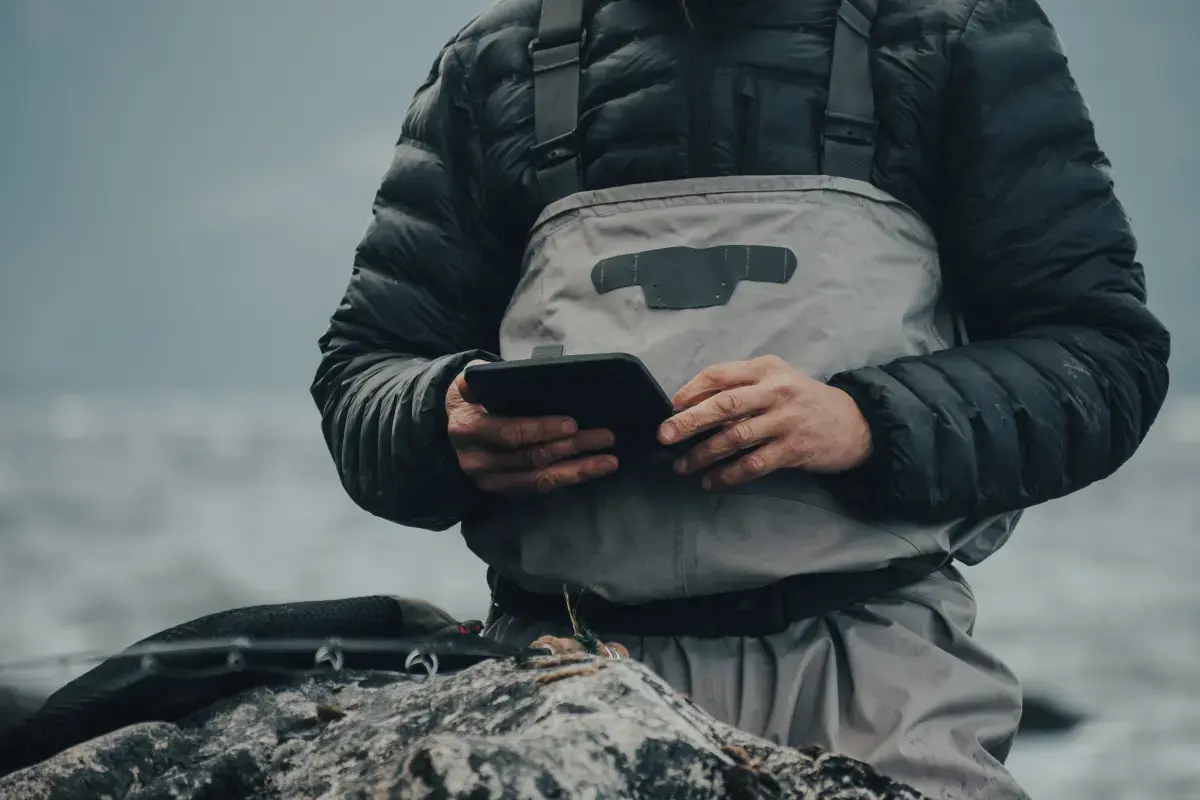
What does a Fishing Expert do?
In order to be a successful fisherman, it is important to have knowledge of the different types of fish, the habitats in which they live, and the best methods for catching them. It is also important to be aware of the local and national fishing regulations in order to avoid fines or other penalties..

What are the Skills of a Fishing?
A fisherman needs a variety of skills and experiences in order to be successful. They need to know how to read the water, how to identify fish, what type of bait to use, and how to properly set the hook. They also need to have the stamina to stand for long periods of time and the strength to haul in heavy fish. In addition to the physical skills required, a fisherman also needs to have the mental fortitude to deal with long hours of boredom punctuated by moments of excitement. They need to be able to stay calm in the face of adversity and have the patience to wait for the perfect moment to strike. A fisherman must also be able to work well as part of a team.
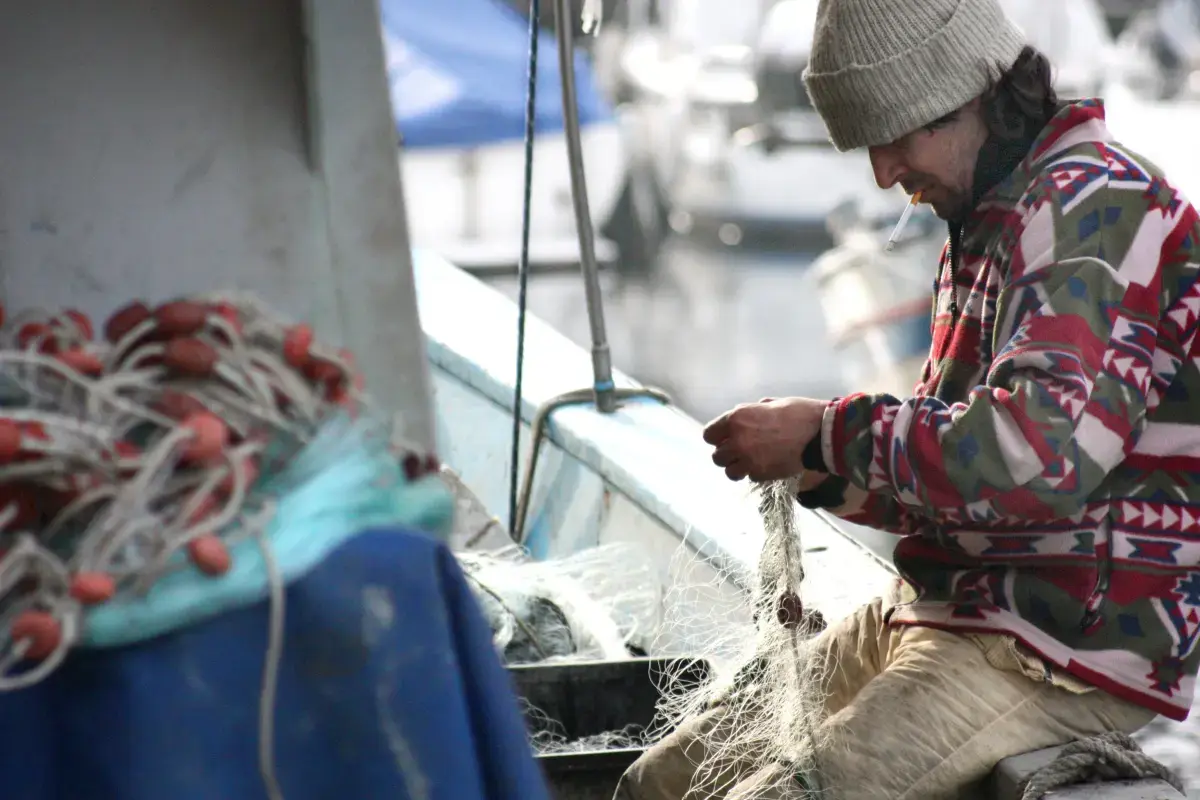
What makes an Expert Fishing?
They need to be able to take direction from their captain and be able to communicate effectively with their fellow crew members. Finally, a fisherman needs to have a strong work ethic. They need to be willing to put in the long hours required to be successful. They also need to be able to deal with the inevitable setbacks that come with the job. All of these skills and experiences are necessary for a fisherman to be successful. Those who possess them have a good chance of enjoying a long and prosperous career in the industry..
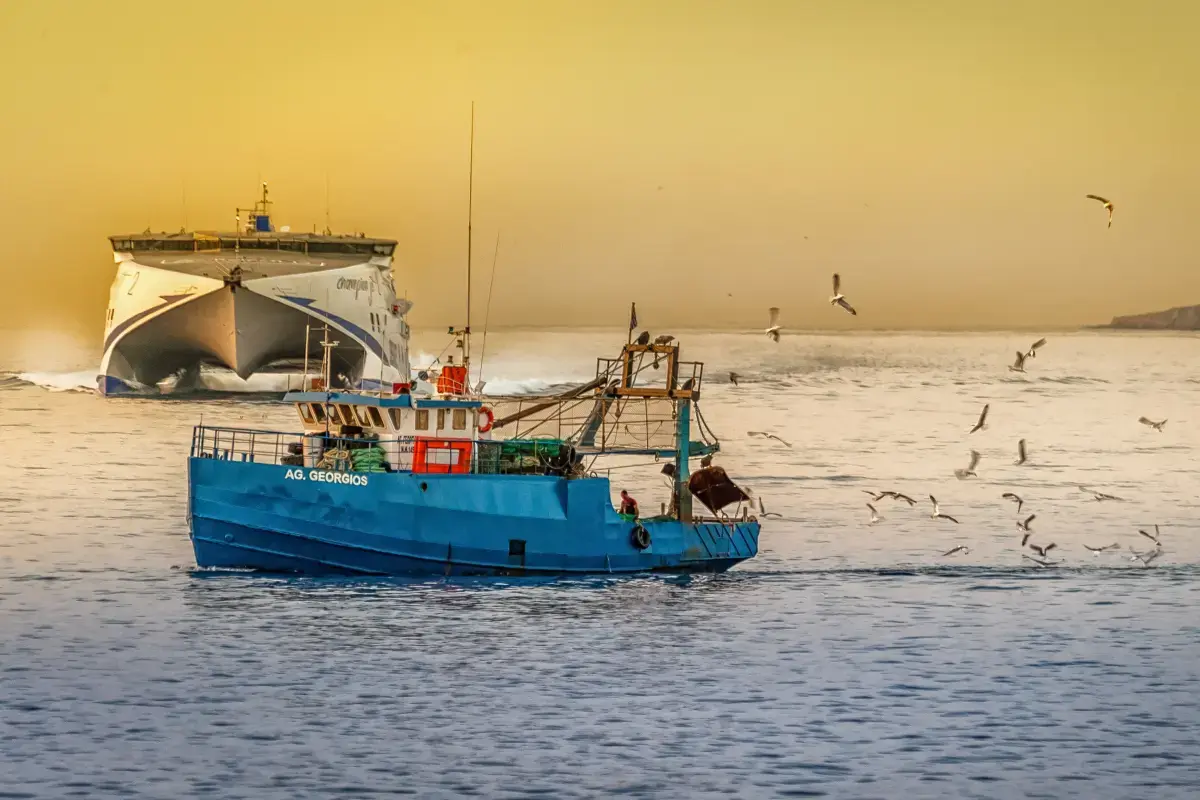
What level of Experience & Qualifications are required to be a Fishing?
Industry Experience: Significant experience in the fishing industry, including working on commercial vessels and/or managing a fleet of boats; knowledge of various types of fishing gear and techniques; familiarity with fisheries regulations and sustainability practices. 2. Training: Formal training program or apprenticeship related to commercial fishing operations, such as deckhand safety protocols, navigation systems operation, boat maintenance procedures, fish processing methods etc. 3. Qualifications: A valid maritime license or certificate issued by the relevant authorities (e.g., captain’s license); proof of medical fitness for work at sea; completion of courses offered by local universities or other higher education institutions on topics such as marine biology, oceanography and sustainable fisheries management principles may be required depending upon the organization’s requirements. 4. Education: Bachelors degree in Fisheries Science or a related field from an accredited college/university is generally preferred but not essential for some positions requiring only basic skills and knowledge about aquatic ecology/management principles
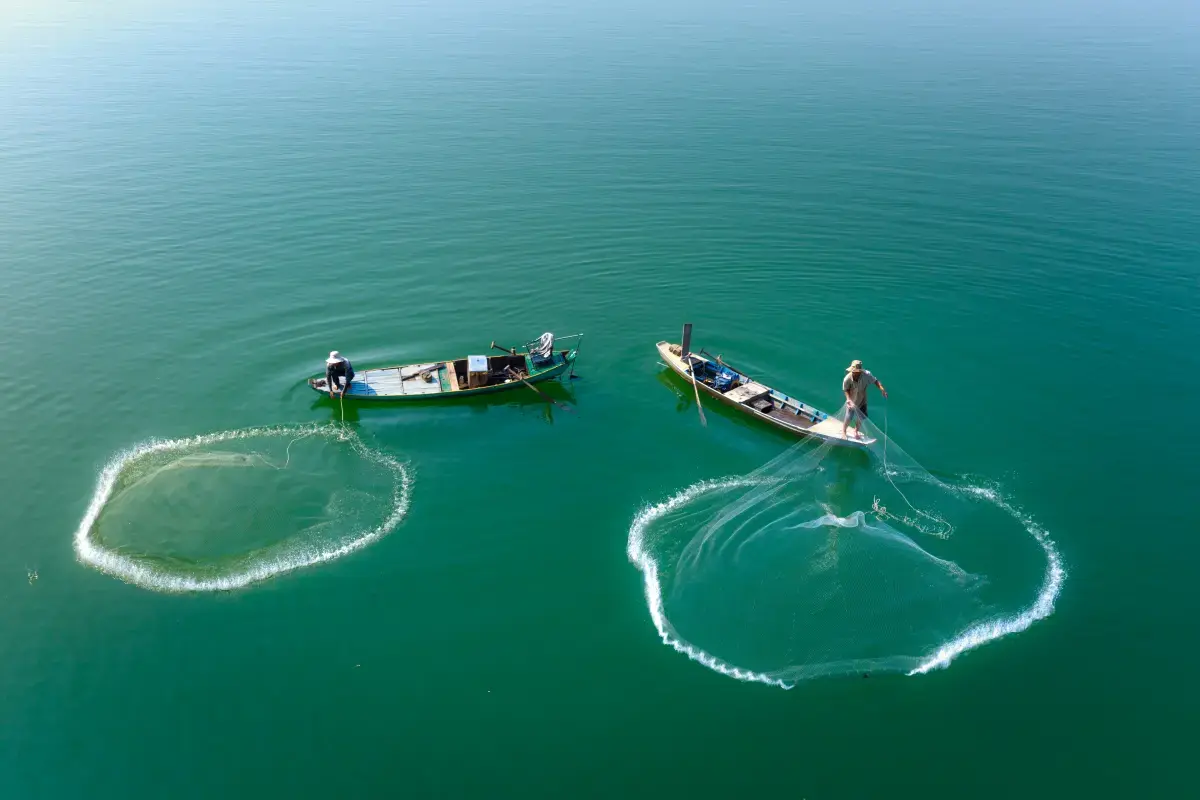
What is the Salary of a Fishing?
The range of salary expectations for a fisherman can vary greatly depending on the type of work they do, their experience level and the region in which they are located. For junior fishermen with little to no experience, salaries typically start around $10-$15 an hour. With more experience and seniority, wages may increase up to $20 an hour or more. Experienced captains can earn even higher wages than this - often ranging from $35-$50 an hour or more depending on location and job duties. In addition to hourly pay rates, many fishermen also receive bonuses based on how well their catch is doing at market prices as well as incentives for meeting quotas set by fishing companies. These bonus payments can add significantly to a fisherman’s overall earnings potential over time.
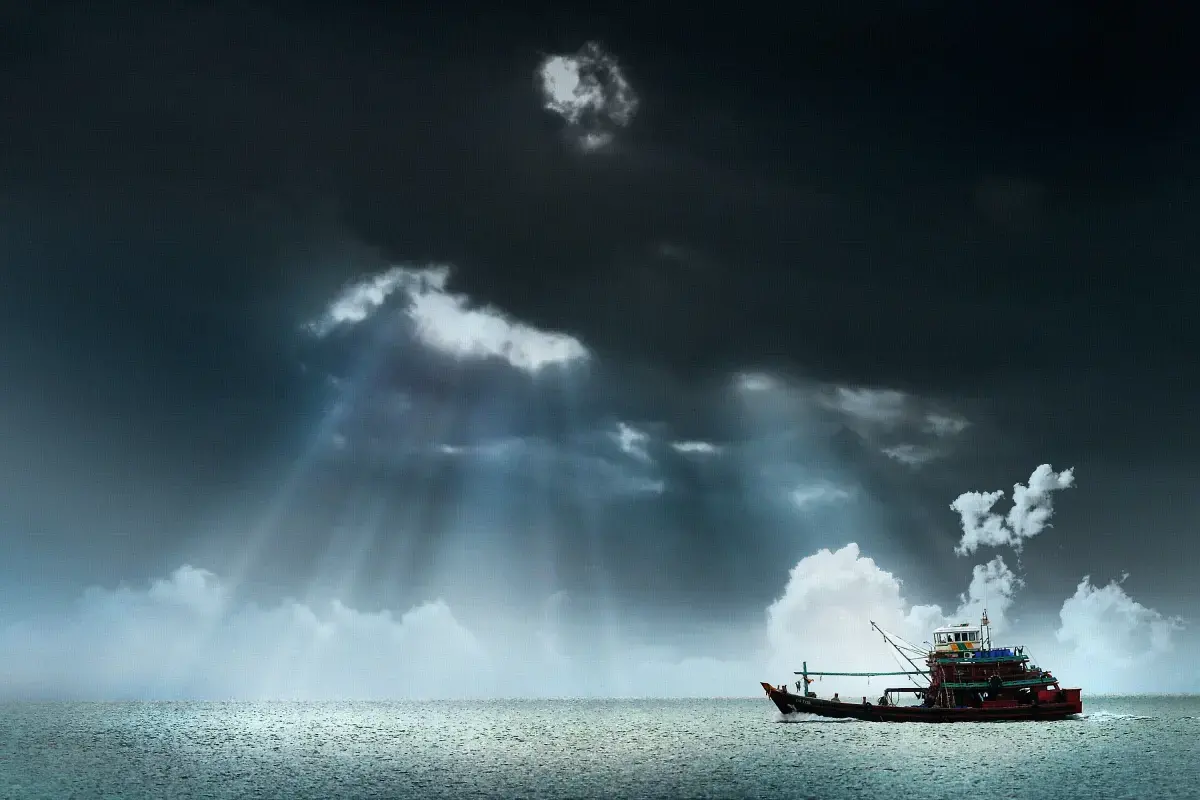
What are the Working Conditions for a Fishing?
General working conditions for a fisherman vary greatly depending on the type of fishing they do. Fishermen who work in large commercial vessels often have to endure long hours, cramped living spaces and hazardous weather conditions. They may also be exposed to high levels of noise from machinery and loud equipment such as winches, power saws and generators. Many fishermen are required to wear protective gear including hard hats, gloves, boots or other clothing items that protect them from the elements while at sea. Small-scale fishers typically have more control over their working hours and can set their own schedules based on market prices or availability of catch. However, they still face risks posed by bad weather or dangerous marine creatures such as sharks or jellyfish when out at sea. In addition, small-scale fishers often rely heavily on manual labor which can lead to fatigue due to long days spent hauling nets and sorting catches onboard boats with limited space for rest periods between trips out at sea.

What are the roles and responsibilities of a Fishing?
Operate and maintain fishing gear
Repair nets and other fishing gear
Look after the boat and engine
Check the boats equipment and supplies
Cast the net
Pull in the net
Sort the catch
Bait the hooks
Set the traps
Check the traps
Collect the catch
Clean and prepare the catch for sale
Sell the catch
Keep records of catches
Monitor the weather and tides
Plot the course
Navigate the boat
Look out for other boats and obstacles
Follow safety procedures
Comply with fishing regulations
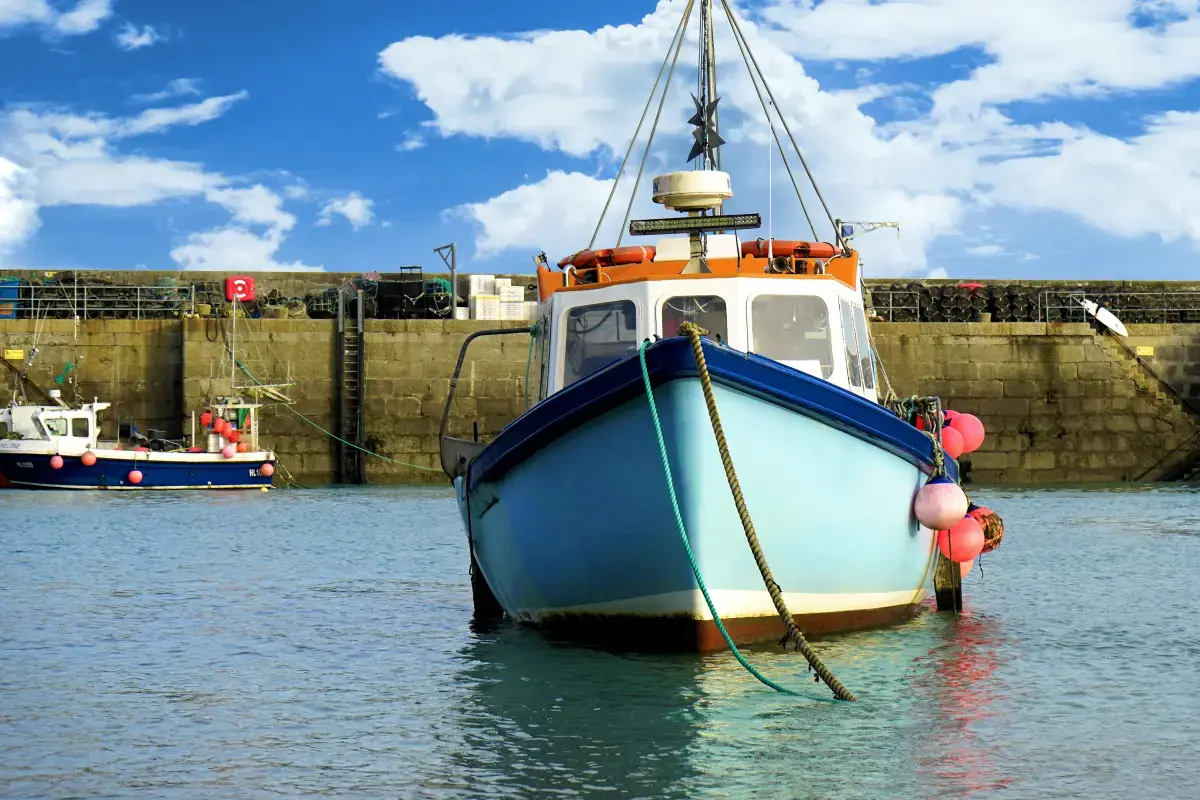
Where can I find Fishing jobs?
- Create a profile on gigexchange and promote your Fishing skills to advertise you are Open to New Work Opportunities
- Ensure your Resume (or CV), or online work profile is up to date and represents your skills and experience. Ensure your reputation reflects your ability & attitude.
- Apply for Fishing Jobs advertised on gigexchange.
- Practise Fishing interview techniques to ensure you represent your personality and ability succinctly and confidently.
- Accept the job offer if the salary meets your expectations and the employer mission and purpose reflects your core values.
Jobs
What are the best job boards for Fishing jobs?

How can I hire Fishing staff online for my business?
The best job board for recruiting Fishing experts is gigexchange.com. Advertise full-time, part-time or contract jobs to find, hire & recruit trusted, experienced and talented Fishing candidates near you.
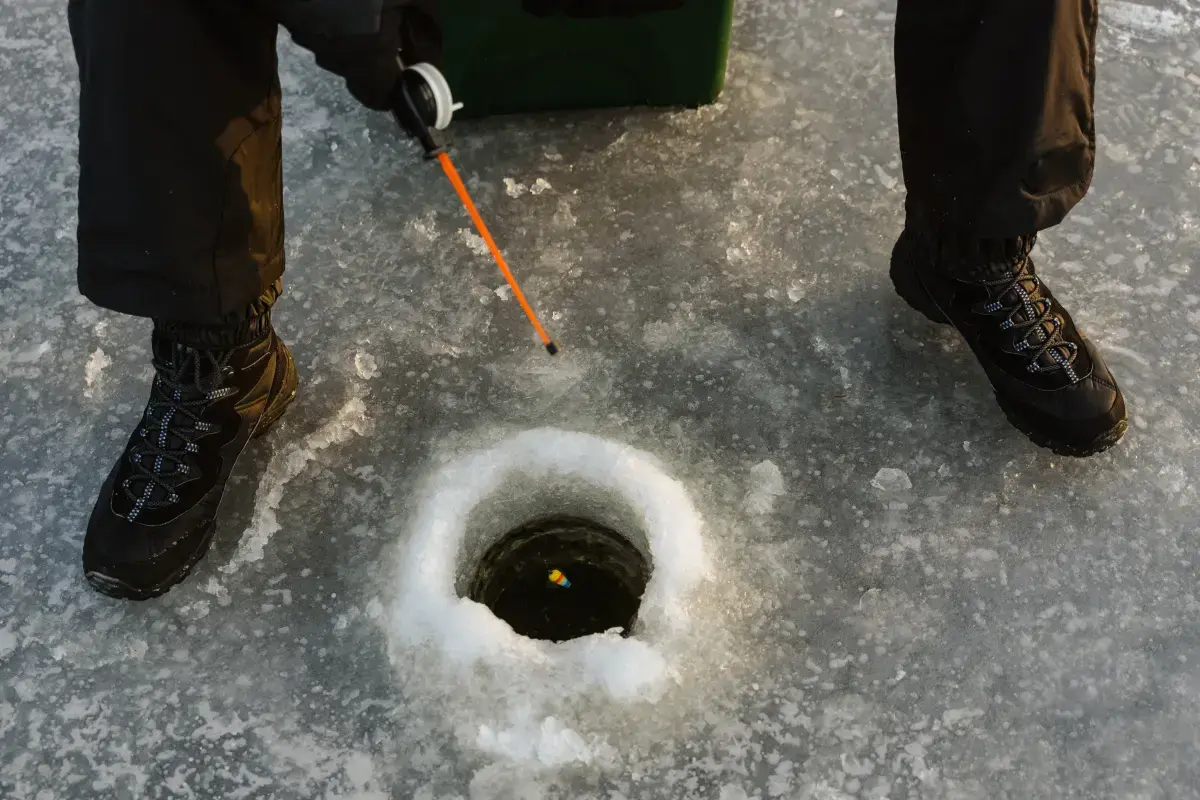
Are Fishing roles in demand in 2026?
Fishing experts are still in high demand in 2026. If you are an experienced Fishing or looking to train and become one. The job market is looking strong for Fishing jobs near me.